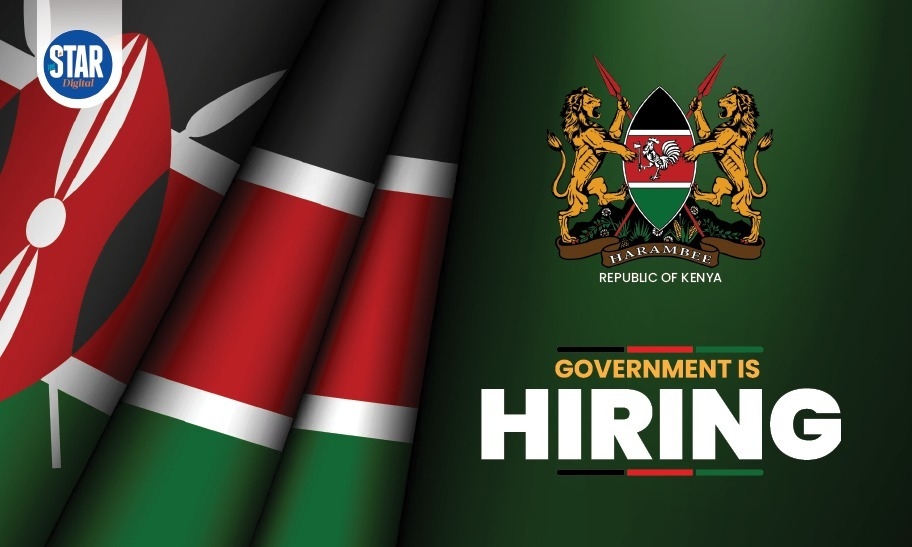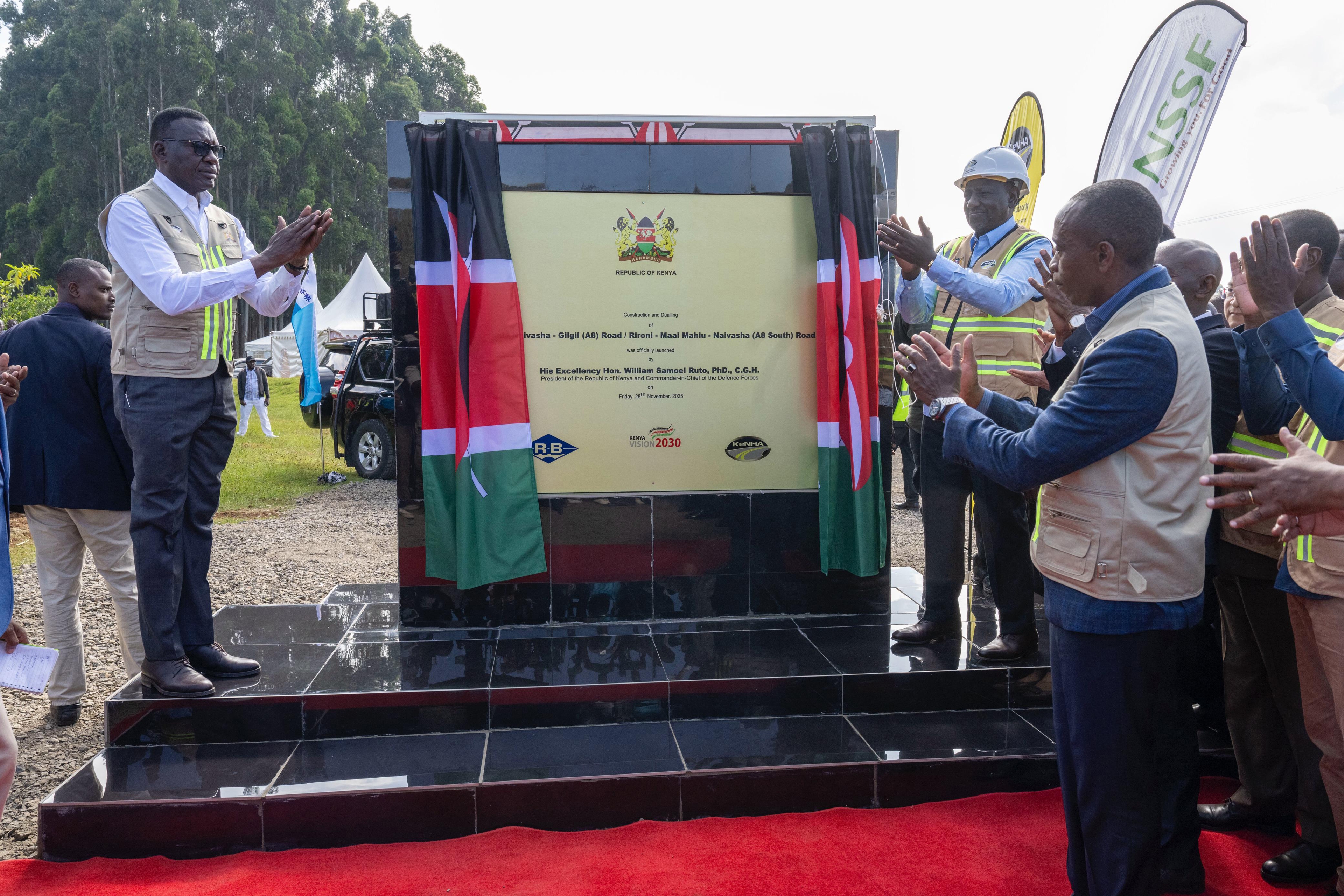The Kenya National Chamber of Commerce and Industry wants the threat of Pakistani rice imports to local farmers addressed as a matter of priority.
KNCCI president Richard Ngatia said on Saturday that the imported rice was a concern for his organisation as rice was one of the country's major cash crops.
Ngatia spoke during the Kirinyaga Cultural Festival whose theme was Conserving Our Water Towers Through Culture.
He called for easier access to agricultural inputs and the cushioning of farmers from external competition.
The KNCCI official said unfavourable business conditions for both domestic and international markets should be eliminated.
“To ensure business competitiveness, I propose a provision of incentives on agricultural inputs such as fertiliser,” he said.
Ngatia further noted: “Low incentives, underdeveloped agricultural value chains for less dominant cash crops and exploitation of farmers by middlemen are major drawbacks to commercial farming.”
The chamber president's views might reignite the sour trade relations between Kenya and Pakistan of the early '20s.
In 2010, the Kenya Revenue Authority was forced to release a consignment of Pakistani rice it had impounded over clearance procedures. The release averted a potential trade tussle between the two countries.
The customs officials had restricted rice imports and insisted that shipments would only be granted access after the owners provided laboratory analysis reports on key aspects such as grading.
Kenya produces only a third of its annual rice demand. The bulk of the deficit comes from Pakistan, which has for many years remained the largest buyer of Kenyan tea.
The Asian country bought tea worth Sh3.5 billion in January this year.
Ngatia urged traders to promote public participation in planning and budget making at the county level.
He asked them to pursue inter- and intra- county trade for the development of enterprises.
The KNCCI boss said his organisation has been in partnership with county governments since the signing of a memorandum of understanding with the Council of Governors in 2015. A similar deal was entered into with the Kenya Investment Authority in 2016 to facilitate trade and investment in counties.
The chamber intends to establish a fund for small and medium enterprises development to support businesses through credit facilities.











![[PHOTOS] Ruto present as NIS boss Noordin Haji's son weds](/_next/image?url=https%3A%2F%2Fcdn.radioafrica.digital%2Fimage%2F2025%2F11%2Ff8833a6a-7b6b-4e15-b378-8624f16917f0.jpg&w=3840&q=100)

